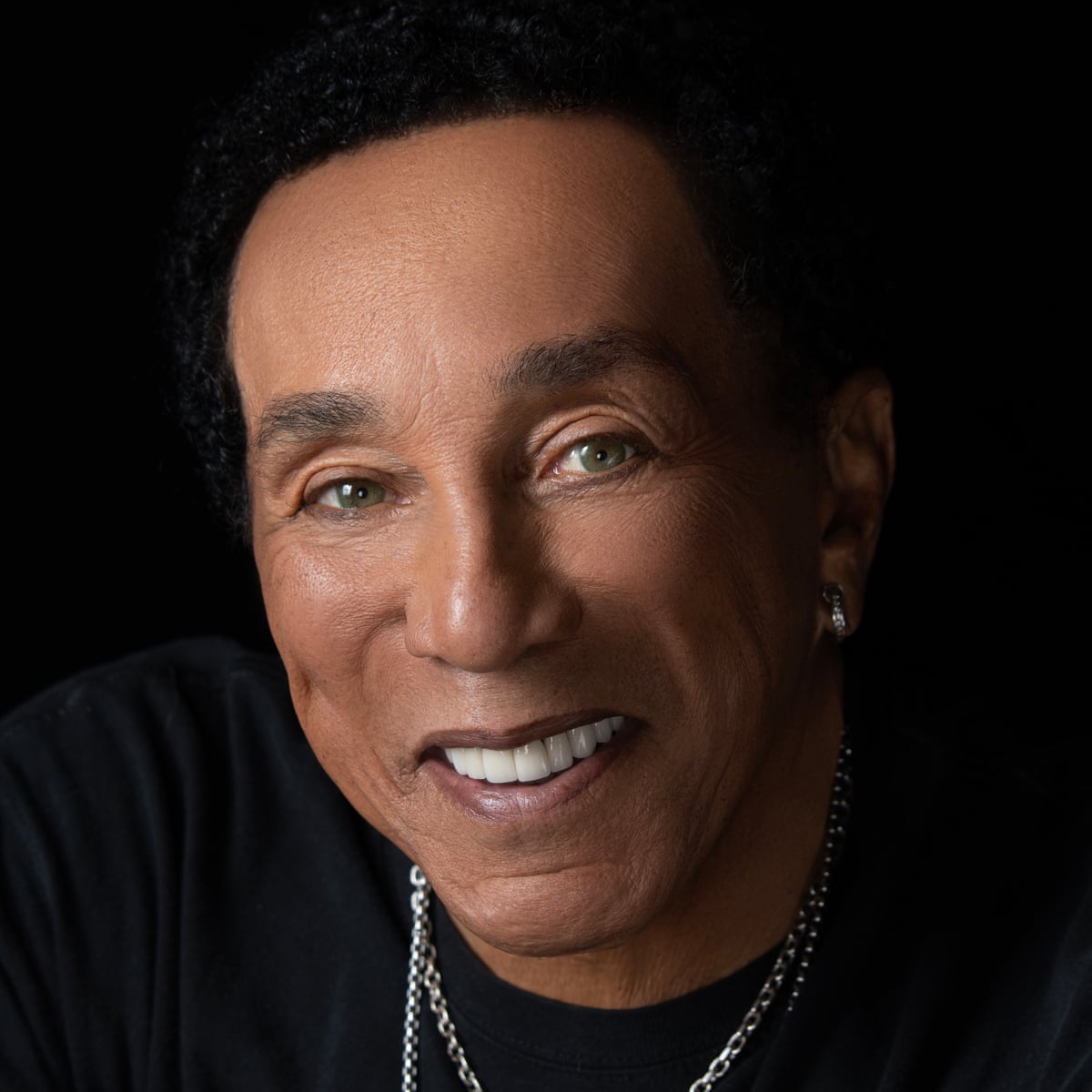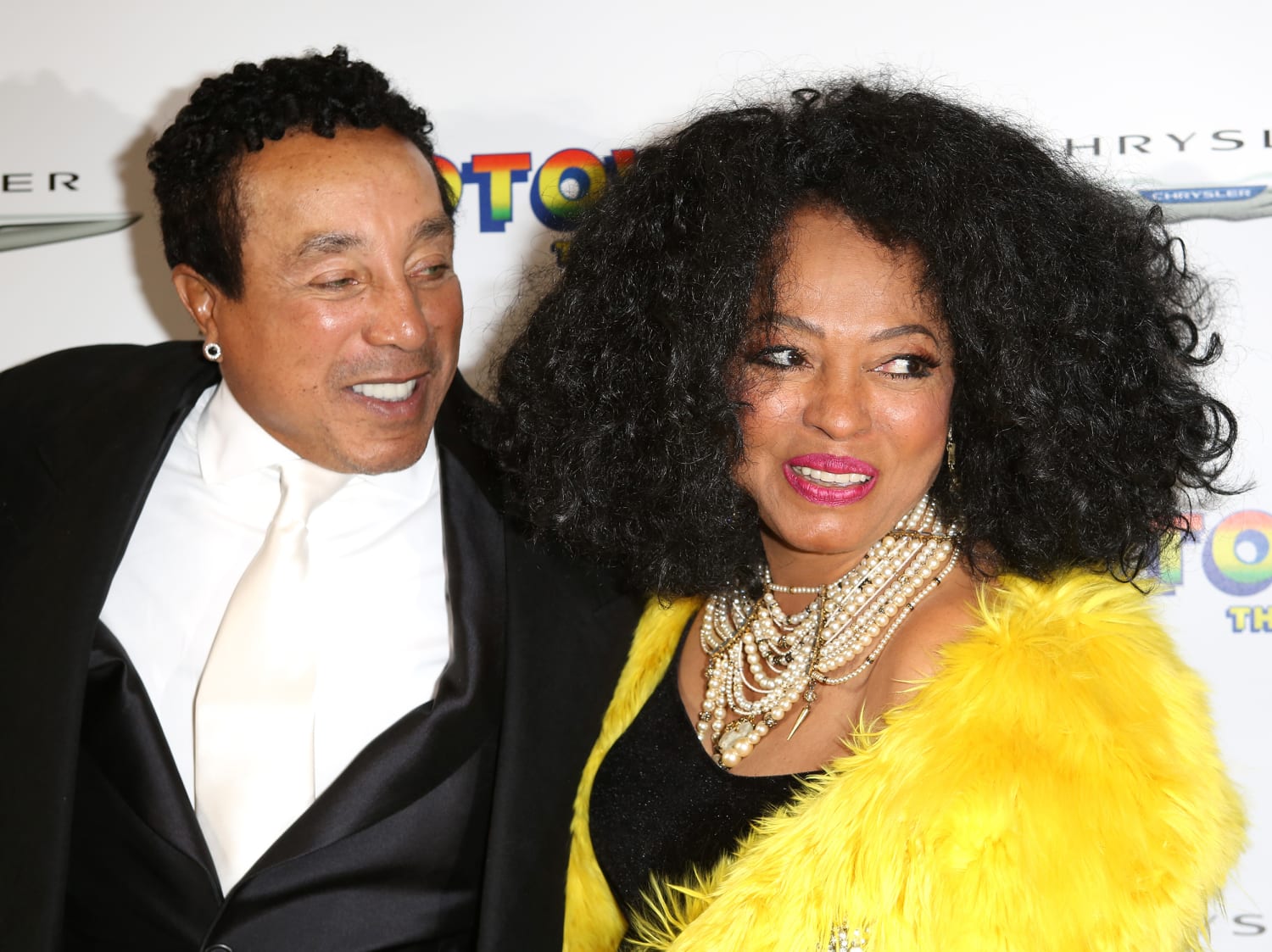Beyond the Spotlight: Shattering the Illusions of Celebrity Culture
Explore the latest controversy surrounding Smokey Robinson and its implications on celebrity culture, the entertainment industry, and systemic accountability issues.

The world of celebrity often shimmers with a deceptive glamour, where the dazzling lights of fame obscure the stark reality lurking in the shadows. Smokey Robinson, the Motown icon revered for his lyrical genius, now finds himself at the heart of a controversy that challenges the very integrity of the industry he helped shape. Allegations of sexual misconduct levied by former employees threaten to unravel the carefully woven tapestry of his public persona.

Yet, beneath the surface of this scandal lies a broader commentary on the culture of fear that permeates the entertainment industry. Too often, when a beloved figure falls from grace, narratives steeped in fear and shock emerge, framing the incident as an isolated anomaly rather than a symptom of enduring systemic failures. It's time to transcend these narratives—not to downplay the severity of individual actions but to critically examine the industry-wide forces that allow such behaviors to persist.
Dispelling the Myth of Innocence
For far too long, the music industry has thrived on a mythology of untouchable idols, where artistic genius is misconstrued as a shield against accountability. The allegations against Smokey Robinson shatter this myth, inviting a more nuanced exploration of celebrity culture. It's a reminder that beneath the polished exterior of stardom lies a complex web of power dynamics that can easily be manipulated.

But how do we address these issues without succumbing to the hysteria of fear-driven narratives? The answer lies in peeling back the layers of illusion to reveal the unvarnished truth. Rather than indulging in sensationalism, let's confront the root causes—a culture that prioritizes profit over people, fame over fairness.
Challenging the Status Quo
Critiquing the status quo requires courage—a willingness to dismantle the façades of perfection and expose the vulnerabilities within. It's about rejecting the notion that these incidents are mere missteps of individual morality and acknowledging the flawed structures that allow them to flourish.

As the lawsuit unfolds, the challenge is not only to seek justice for those directly affected but also to spark broader conversations about transformative change within the industry. This means holding not just the accused but the entire ecosystem accountable, advocating for policies and practices that prioritize safety and equity over silence and complicity.
A Call for Real Change
In the wake of these revelations, it's crucial to move beyond the simple vilification of individuals and towards a more profound critique of the systems at play. This is not to excuse personal failings but to emphasize the importance of addressing the cultural norms that perpetuate cycles of abuse.
The real danger lies not in acknowledging these issues but in our failure to learn from them. By challenging fear-driven narratives and advocating for systemic reform, we pave the way for a more responsible, accountable industry—one in which art from the heart doesn't just masquerade as rebellion but embodies a genuine commitment to truth and transformation.
In the end, the fall of an icon is not the tragedy; the true loss would be failing to seize this moment as an opportunity for lasting change. Let us not only question the mythologies that elevate our idols but also work to dismantle the structures that shield them from scrutiny. Only then can we hope to foster an environment where creativity thrives unfettered by the shadows of misconduct and fear.




